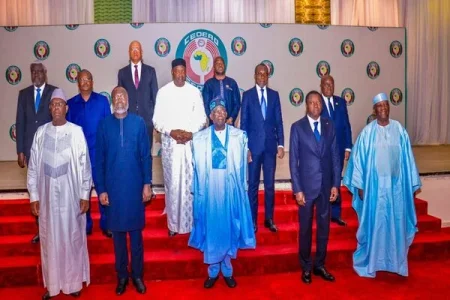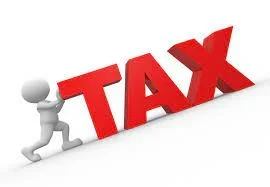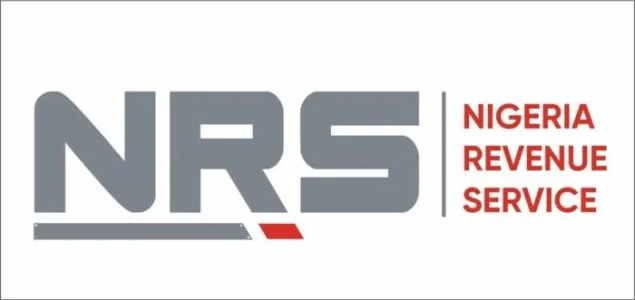
Mali, Burkina Faso, and Niger have imposed a 0.5% levy on imports from Nigeria and other ECOWAS nations to fund their new alliance. The move disrupted regional trade and deepened tensions with ECOWAS, which had sanctioned the breakaway nations for military coups. Businesses now face increased costs and uncertainties.
Mali, Burkina Faso, and Niger have introduced a 0.5% tax on goods imported from Nigeria and other ECOWAS member states, marking another step in their economic and political breakaway from the regional bloc.
The levy, which takes effect immediately, is intended to finance operations of the three-nation Alliance of Sahel States (AES), a newly formed economic and security union. The trio, all led by military juntas following coups in recent years, formalized their departure from ECOWAS in 2023 after accusing the bloc of failing to support them against Islamist insurgencies.
According to an official statement, the levy will be applied to all imported goods except humanitarian aid. The move disrupts long-standing trade agreements within the region, which previously allowed for largely unrestricted commerce among ECOWAS nations.
Nigeria, Ghana, and other ECOWAS states are expected to feel the impact of the tariff, which could lead to higher costs for businesses reliant on imports. The decision also underscores growing tensions, as ECOWAS had imposed economic and financial sanctions on the three breakaway states to pressure them into restoring civilian rule.
The newly formed Sahel alliance has signaled plans for deeper integration, including a shared security framework and a unified economic policy. Leaders from the three nations have also hinted at introducing biometric passports to facilitate movement within their borders.
As regional trade routes adjust to the new levy, businesses and policymakers alike are assessing the long-term implications of this fractured West African economic landscape.




